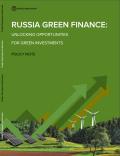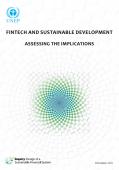


This report, Stock Exchanges and Sustainability forms part of the broader Inquiry and looks at not just effective mobilization of capital but the development of a financial system that is supportive of more sustainable outcomes. It does this by examining one part of the financial system, namely equity markets.
Stock exchanges have historically played an important role in economic growth and development through enabling effective capital allocation. However, exchanges and markets more broadly have changed over time, in structure, inter-connectedness and rate of activity. This has happened against a backdrop of growing recognition of the unsustainability of the current economic growth path in both social and environmental terms. Sustainability advocates and others have identified stock exchanges and evolving market structure as both contributors to the problem and a potential partner in the solution.

